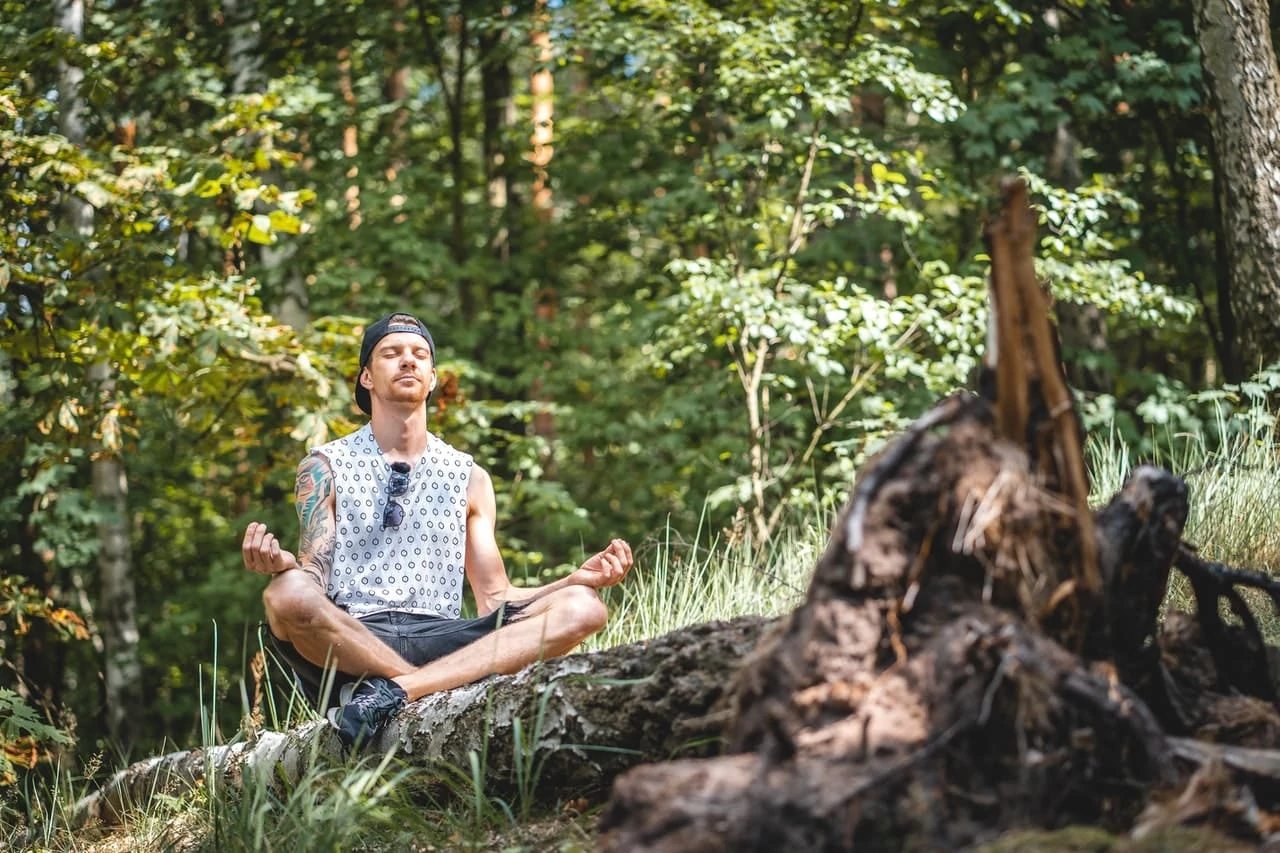


Recovery is a beautiful journey full of possibility. If you’re new to recovery but have begun to string together a few months sober, congratulations! Many people end up on a “pink cloud” full of hope and excitement when they first get sober. During this time, optimism reigns. You may feel like you can do everything better; you’re a better employee, better friend, and a happier, more productive person in general. You may want to catch up with everything – and end up overwhelmed. Recovery burnout is real, but it’s preventable.
So how can you prevent burnout while still living a healthy and productive life in recovery?
When you get sober, a lot of your daily time is available. After all, you put a lot of effort and time into using substances. Managing your time by setting reminders and having a to-do list can help you stay focused on daily goals. Scheduling your time may come naturally, or you may want to write a daily schedule. There are plenty of planners that can help you decide what to do with your time daily or weekly.
In recovery, you’ll spend your time in therapy, with 12-step groups, and also live life on its terms. These are things you’ll schedule weekly. You’ll also probably have a work schedule at some point and then, of course, plan time for meals and sleep.
Scheduling all work and no play can help you get closer to burning out. Instead, you need to take time for things you enjoy and time to decompress from your daily stresses. This is where self-care is essential.
Scheduling self-care into your day is important. For example, do you have 15 spare minutes to go for a walk? Or maybe you’re ready to treat yourself to a haircut before your 12-step meeting this weekend?
Find the gaps in your schedule to spend time just enjoying life. Listen to your favorite music for 15 minutes a day. Read a good book. Or take a whole Sunday afternoon to binge-watch your favorite television show with a recovery friend.
Learning self-care is a daily process. You probably didn’t set aside time to be kind to yourself or nurture yourself when you were using substances. Self-care is a way for you to practice kindness to yourself daily.
Many people find that they can prevent burnout when they’re around others in recovery. Sober living is an exciting, rewarding way to connect with others as you continue to move forward in life, substance-free. Learn more about our sober living programs by calling us at 760-216-2077.
Self-care rituals are a great way to take time to nurture yourself this winter. Whether you love the holiday season or hate it, this year will be different than most. This is especially true for people in recovery who are navigating a different world. Today, you have the tools to help you stay sober. Self-care is an important tool, especially during a stressful time such as pandemics and the holiday season.
Self-care isn’t just a buzz word. It’s an important recovery tool that can nourish your body, mind, and/or spirit. Finding things that can help provide this type of relief is important throughout recovery. Self-care rituals can be powerful tools for confidence-building and long-term sobriety.
Many people find that self-care is best as a routine or ritual. Think about it: you get up, you shower, brush your teeth, and you get dressed all to face the day. If you don’t do this ritual every day, you might feel out of step. You’ll probably feel awkward if you stop doing part of your ritual, such as brushing your teeth.
When you were active in your addiction, you probably stopped carrying out your rituals. Addiction gets in the way of life-affirming activity.
But when you are sober, your morning routine becomes a ritual you do without thinking about it too much. That’s because it helps you prepare to face the day.
These are just some ideas for getting started with your day. Planning and living with purpose is an important approach to living in recovery. You’re in charge of a lot of things, including your own actions and reactions. Work your program, and stay sober. Most likely, the best is still yet to come.
Are you or somebody you love interested in sober housing? Living among others who are also in recovery can provide a way to create new friendships and find community among others who are sober. Get in touch to learn more about our programs at 760-216-2077.
